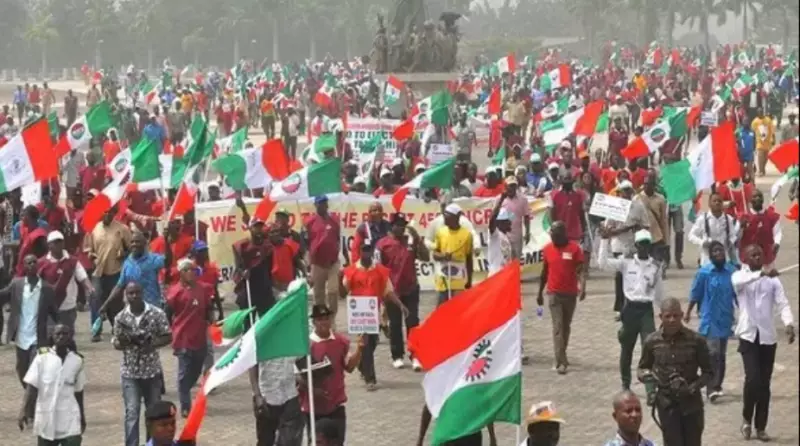
The Nigeria Labour Congress (NLC) has issued a stark warning about the deteriorating state of democracy in Africa's most populous nation, pointing to the alarming surge in commodity prices during election periods as evidence of systemic failure.
Economic Suffering Amid Political Campaigns
As political actors crisscross the country campaigning for votes, ordinary Nigerians are grappling with unprecedented economic hardship. Basic food items and essential commodities have become increasingly unaffordable, creating what the NLC describes as "a democracy that works against the people."
The labour union expressed deep concern that while politicians focus on winning elections, the real issues affecting citizens—soaring inflation, unemployment, and economic instability—are being pushed to the background.
A Cry for Functional Democracy
"What we are witnessing is democracy in reverse gear," declared the NLC in their strongly worded statement. The organization emphasized that true democracy should translate to better living conditions for citizens, not increased suffering during what should be periods of political accountability.
The current situation reveals a disturbing pattern where election seasons consistently coincide with economic distress for the average Nigerian family. Market surveys show that prices of staple foods like rice, beans, and garri have increased by over 50% in some regions since election campaigns intensified.
The Human Cost of Political Neglect
Behind the statistics are real families making difficult choices between feeding their children and paying for other essentials. The NLC highlighted that workers' salaries have remained stagnant while the cost of living continues to climb, creating an unsustainable situation for millions of households.
This economic pressure comes at a time when citizens should be enjoying the benefits of democratic engagement, instead facing what many describe as "election-induced inflation."
Call to Action
The Nigeria Labour Congress is urging all political stakeholders to address the worsening economic conditions immediately. They emphasize that democracy cannot thrive when citizens are struggling to meet basic needs, and that political leadership must prioritize economic stability over electoral victories.
As Nigeria navigates another election cycle, the question remains: Will democracy deliver for the Nigerian people, or will it continue to be a source of their economic suffering?





